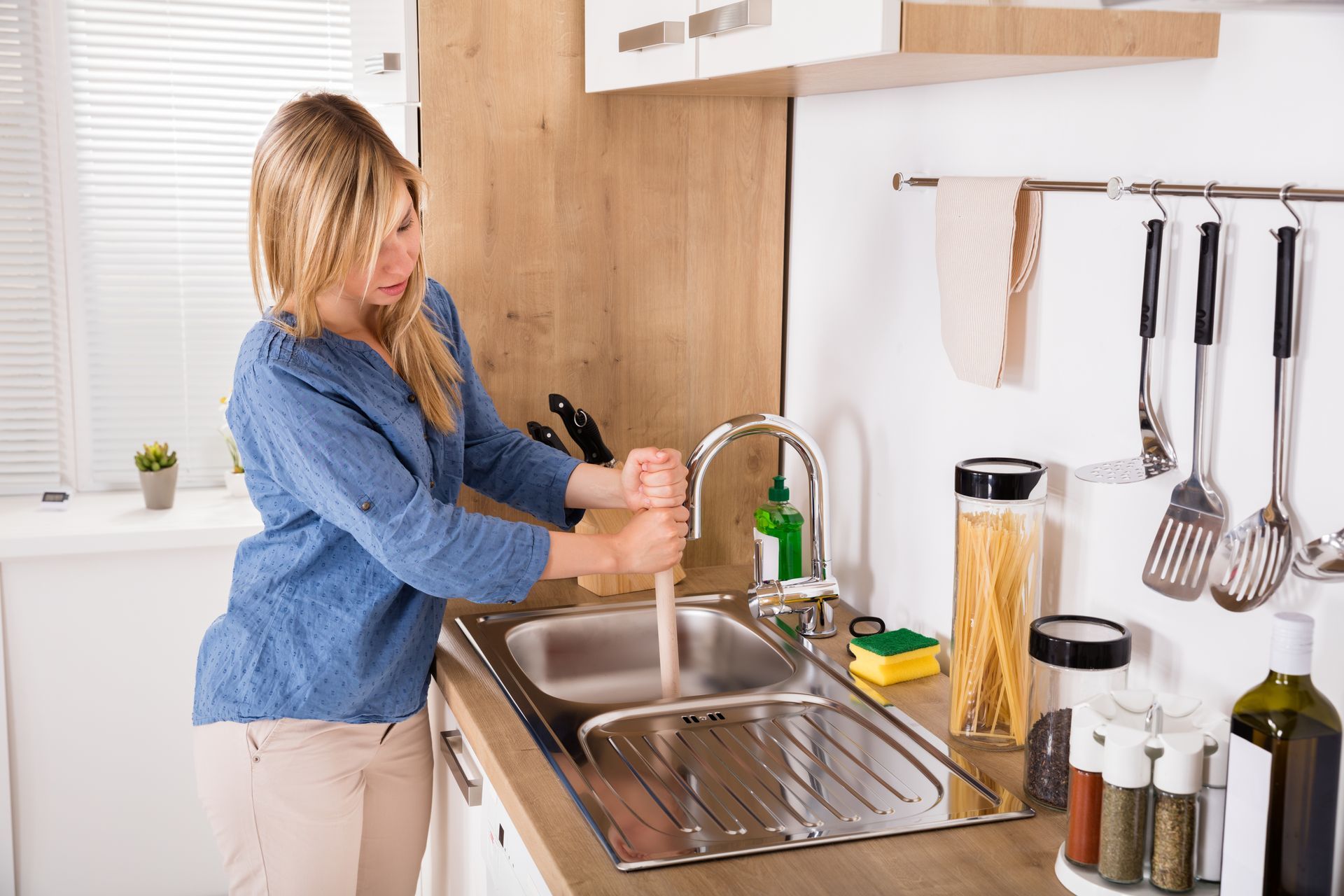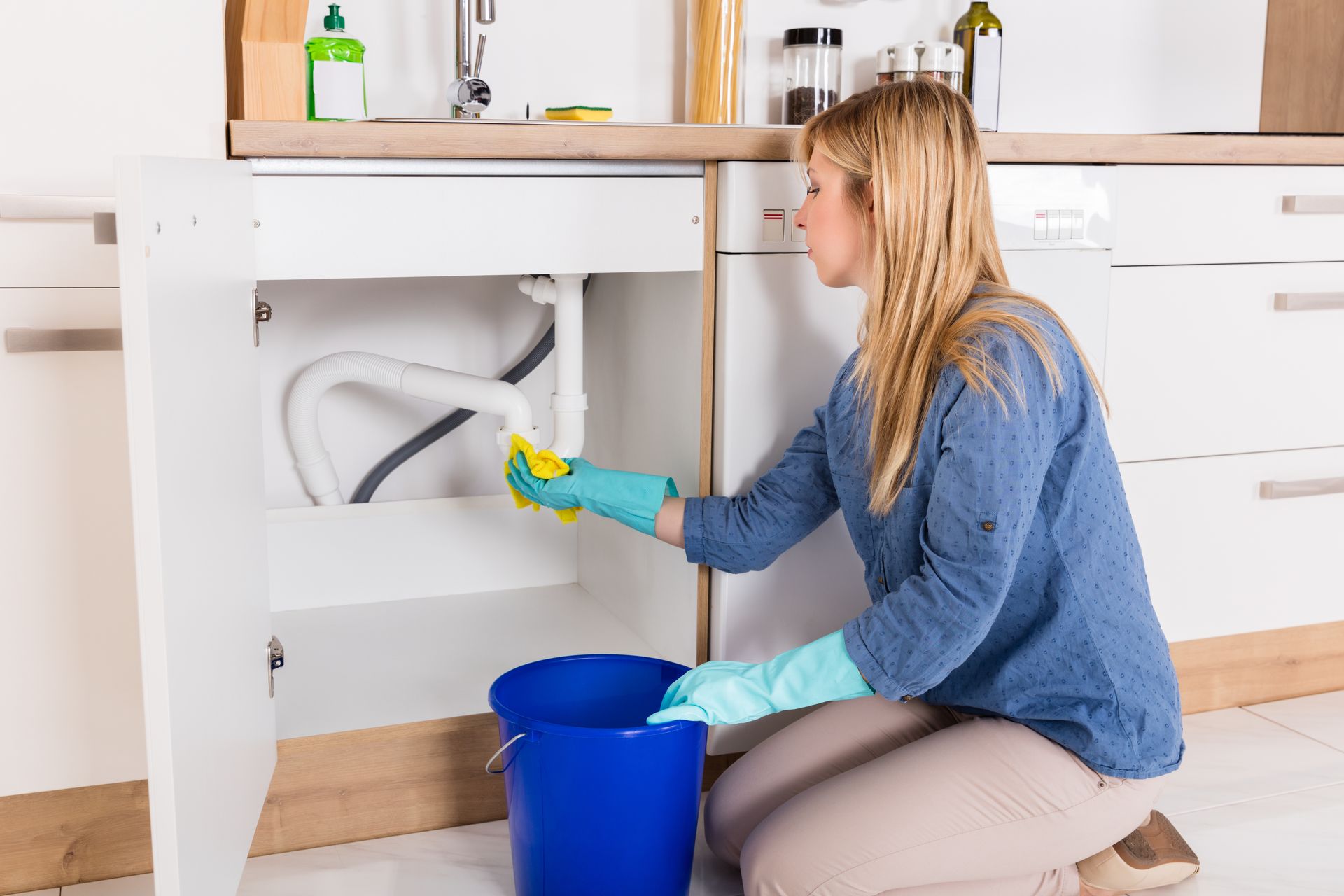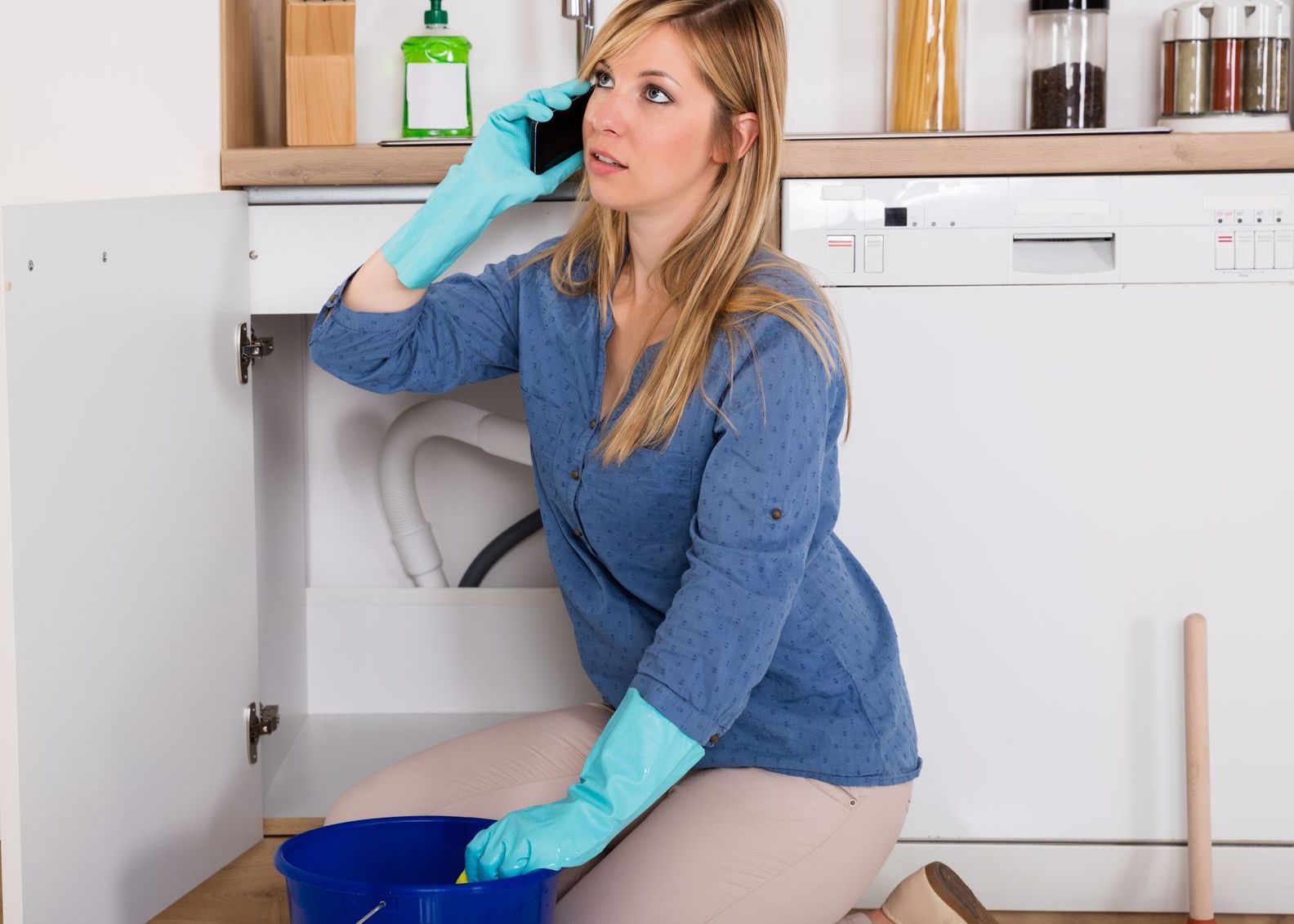How to Fix a Slow Draining Kitchen Sink

A slow draining kitchen sink can be a major inconvenience, disrupting your daily routine and potentially leading to more significant plumbing issues if left unattended. However, before you reach for the phone to call a plumber or resort to chemical-laden drain cleaners, there are several DIY solutions that may help you unclog and restore your kitchen sink's drainage to its optimal speed.
Boiling Water
This simple yet effective method aims to clear minor blockages caused by grease, soap scum, or food residue in your kitchen sink drain. Boiling water can melt and dislodge these substances, allowing water to flow freely again.
- Boil Water: Bring a kettle or pot of water to a rolling boil.
- Pause: Let the boiling water cool slightly for a moment to avoid potential damage to PVC pipes.
- Pour Carefully: Slowly pour the hot water down the drain in a steady stream, aiming to dissolve the clog.
Plunging
Plunging is effective for dislodging more stubborn blockages by creating pressure that forces the clog to break apart or move further down the drainpipe.
- Fill Sink: Add enough water to cover the bottom of the plunger.
- Seal Drain: Place the plunger over the drain, ensuring a tight seal.
- Plunge: Push and pull the plunger vigorously for about 20-30 seconds.
- Test Drain: Remove the plunger and run water to check if the blockage has cleared.
Household Remedies (Baking Soda and Vinegar)
This eco-friendly solution can work wonders by breaking down debris and clearing the pipes.
- Baking Soda: Pour 1/2 cup of baking soda down the drain.
- Vinegar: Follow with 1/2 cup of white vinegar.
- Cover and Wait: Cover the drain and let the mixture sit for 15-30 minutes.
- Flush with Hot Water: Pour boiling water down the drain to wash away the dissolved debris.
Check the Garbage Disposal
If your kitchen sink is equipped with a garbage disposal, it's essential to check it for any clogs or obstructions. Sometimes, foreign objects or accumulated food particles can impede the disposal's function, causing a slow drain.
- Turn Off Power: Disconnect the power to the garbage disposal for safety.
- Check for Objects: Look inside the disposal for any visible objects causing the blockage.
- Use Tongs: If you see large debris, use tongs to carefully remove it. Refrain from using your hands, even with the power off.
- Restore Power: Reconnect the power and test the sink.
After restoring the power, if your garbage disposal remains unresponsive, troubleshoot by pressing the reset button situated at the bottom of the disposal beneath your sink.
Empty the P-Trap
A P-trap is a U-shaped pipe located under sinks, serving to prevent sewer gases from entering living spaces by trapping water in its bend. This design also acts as a seal, barring the return of unpleasant odors and deterring pests. It is a key component in plumbing systems, and cleaning or removing the P-trap is a common method to address blockages in this part of the drain.
- Place Bucket: Position a bucket beneath the P-trap to catch any water and debris.
- Loosen Joints: Use a wrench to loosen the slip nuts on both ends of the P-trap.
- Remove P-Trap: Take out the P-trap and empty the contents into the bucket.
- Clean and Reattach: Clean the trap, reattach it, and tighten the slip nuts securely.

Use a Drain Snake
For more stubborn clogs, a drain snake (or auger) can be a valuable tool. Insert the snake into the drain and rotate it to break up or extract the blockage.
- Insert Snake: Feed the drain snake into the drain until resistance is felt.
- Turn Handle: Rotate the handle clockwise to break up the clog or hook onto it.
- Withdraw the Snake: Carefully pull the snake back, bringing the clog with it.
- Flush with Water: Run water to ensure the drain is clear, and repeat if necessary.
Be careful of the sharp teeth on the drain snake while removing the clog, too much force can cause injury to your hands or damage to the pipes.
How To Prevent Future Clogs
Preventing future clogs in your sink is a proactive approach that can save you from the inconvenience and frustration of slow drainage. Implementing a few simple habits and maintenance practices can go a long way in ensuring a smoothly functioning sink.
Firstly, be mindful of what goes down the drain. Avoid pouring grease, oil, or coffee grounds into the sink, as these substances can solidify and create stubborn clogs over time. Instead, dispose of grease in a separate container and consider using a mesh strainer in the sink to catch food particles.
Regularly flush your drains with hot water. This helps to break down accumulated soap scum, grease, and small debris that may be clinging to the pipes. Boiling water can be particularly effective, as it has the added benefit of melting away potential blockages.
Incorporate a monthly cleaning routine using natural solutions. Pour a mixture of baking soda and vinegar down the drain, followed by hot water, to keep the pipes free from buildup. This eco-friendly method not only helps prevent clogs but also eliminates unpleasant odors.
Install a sink strainer or stopper to catch larger debris before it enters the drain. This simple yet effective device can prevent foreign objects, such as food scraps and hair, from making their way into the pipes and causing blockages.
By adopting these preventive measures, you can significantly reduce the likelihood of future clogs in your kitchen sink. Consistent maintenance and mindful practices contribute to a healthier plumbing system, ensuring that water flows freely and daily activities remain uninterrupted.
The Bottom Line

Dealing with slow or clogged drains can be an exhausting challenge, regardless of the cause. From the simplicity of boiling water to the effectiveness of a drain snake, each method targets specific issues that may be impeding your sink's efficiency.
The importance of adopting a proactive stance in drain maintenance cannot be overstated. By conscientiously monitoring what finds its way down your drains and consistently implementing measures to keep the pipes clear, you can significantly reduce the likelihood of encountering future drainage issues.
Nevertheless, if your concerted efforts to address a slow or clogged drain independently have proven futile, it might be prudent to seek the assistance of a professional plumber. A skilled plumber possesses the expertise to diagnose and rectify more complex plumbing issues that might be beyond the scope of DIY remedies.


